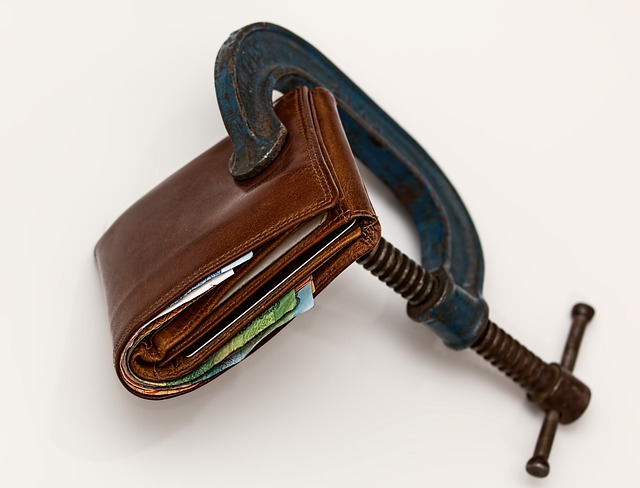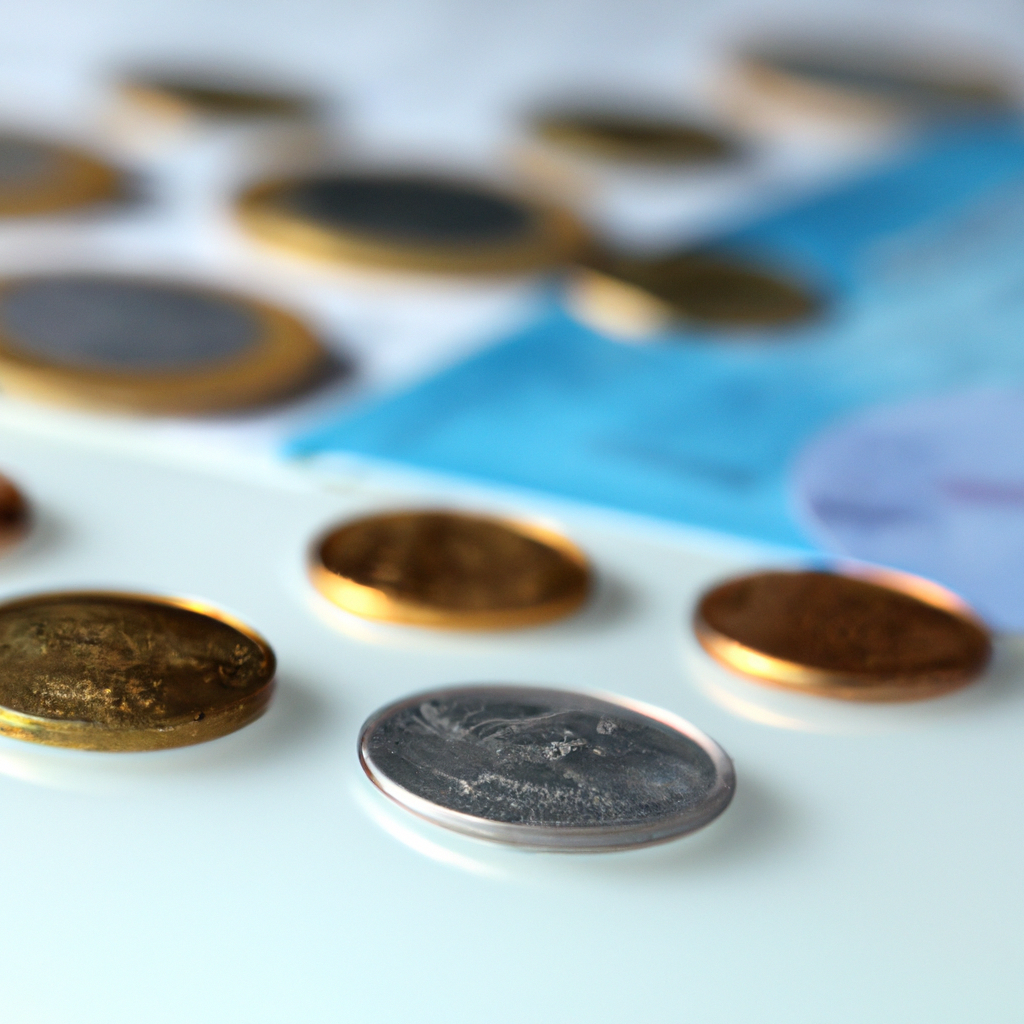Key Points:
- Paying yourself first by setting up a special high-interest account ensures consistent savings.
- Eliminating smaller debts first gives a sense of accomplishment and encourages continued debt repayment.
- Automated payments remove the mental load and risk of missing bill deadlines, aiding in debt elimination.
- Choosing healthy food options not only benefits your health but also reduces grocery bills.
- Planning meals and grocery lists in advance prevents overbuying and promotes efficient use of food.
One of the hardest tasks anyone would tell you about is saving money. There's more to spending less rather on saving money. Nonetheless, nobody has a choice but to save money in order to build a strong financial future. By saving money, you can sure of your future needs, personal goals, and retirement. What people do not know is that saving does not only mean purchase discounts but establishing your own emergency fund, you will not worry when sick, and erase debts. In this article, you will learn how to be frugal and build your savings for the future.
Start by Paying Yourself
This is one of the oldest methods in saving money that's been put into practice. This method actually works if you really want to save money. People often pay first their expenses in utilities, housing, credit card debt, student loans, and transportation. However, the main problem is that people try to spend before they save some money. The following tricks to do this are specified below:
- Setup a Special Account. This account may serve for your investment or savings. Hence, find an account that offers a high interest rate. Usually, this type of account will limit your withdrawals. That is good because this will help you save more rather than consume money from it.
- Place the Money in Your Account. Your account should have direct deposit from your paycheck deposited automatically. You can also set up an automatic weekly or monthly transfer from the active or the main account as your separate account. Nonetheless, you need to track the balance in order to prevent overdraft fees. You need to do this before even spending money on your bills and rent.
- Determine the Amount You Want to Put in the Account. This financial matter will depend on what you want to do with the money. You may decide to place at least $300 per month or $150 per paycheck. If you plan to pay a house down payment of $20,000 for three years, you should save at least $550 per month.
- Don't Be Tempted to Withdraw the Money. Do not pull money out of the emergency fund because this is only intended for emergencies. The general rule of emergency fund should be able to cover your expenses for six months. The emergency fund is different from investing or savings fund. If you will see that there's not enough money to pay bills, search for other ways of cutting expenses or making money. Do not charge these on your credit card.
Erasing Debt
For several months, you have been struggling and trying to build your rainy day funds. Nonetheless, there will come a time when you need to use this money from your account. The tricks not to be tempted in using the emergency funds are:
- Eliminate Small Debts First. Experts agree that erasing debts start with the smaller ones. For example, if you have ten credit card debts that you want to eliminate, choose the smaller debts because these are easier to fix. This method will help you erase the debt in just a matter of months. In the end, you will feel a higher satisfaction in your manner of repayment.
- Automated Payment. If possible, you can set up a bill payment service online with your bank. Try to find the bill amounts that are exactly the same for every month then have those amounts automatically set to be paid every month on the same date. This will help you eliminate the burden of writing a check or having to think about it later.
- Maintain a Budget Friendly Atmosphere. See your budget grow on a daily basis. Although this does not mean to see it daily, you just need to have a reminder that you have this budget. The same also applies to your debts where you can keep a list of this in plain sight. Try posting these debts on the refrigerator, near your desk, pantry, and next to the bathroom mirror. In keeping it handy and easily seen, there is a high chance that you will stick with your budget.
Save Money on Food
Another way to save money is by looking at how you spend inside the grocery store. You can blame it on global warming and rising oil prices but there are smart ways where you can save with the food you consume. Here are easy tips and strategies you can implement to reduce food costs without compensating the nutrition:
- Establish Health Options. According to a study made by American Dietetic Association, you can actually save more when you eat healthier foods. Researchers found out that when families are on weight loss diets, they lose both the extra pounds and reduce their budget for food. The savings usually come from the reduced portion sizes and purchasing less high calorie foods that increase the amount spent when inside the grocery store. You can also look for coupons or sales for non-frozen yogurt or light ice cream so you can enjoy a fat-free and delicious dessert.
- Save with Protein. If possible, substitute inexpensive vegetarian sources like eggs, beans, legumes, and tofu for expensive poultry, meat, and fish. Eat veggies for at least once per week in order to increase consumption of healthy plant foods while you save money. You can derive an inexpensive protein source from eggs. If you will purchase meat, try selecting smaller portions from lean cuts.
- Plan Ahead. The most effective way to save money on food is to have an inventory on hand, so that you need not overbuy. Make a detailed shopping need based on your weekly menu plan and take into account how you will be using the leftovers. Experts also suggest that you have a light snack just before you go to the grocery store and stick to your grocery list.
Saving money can be done with simple and easy steps. It is important to make saving money a habit rather than an obligation.







